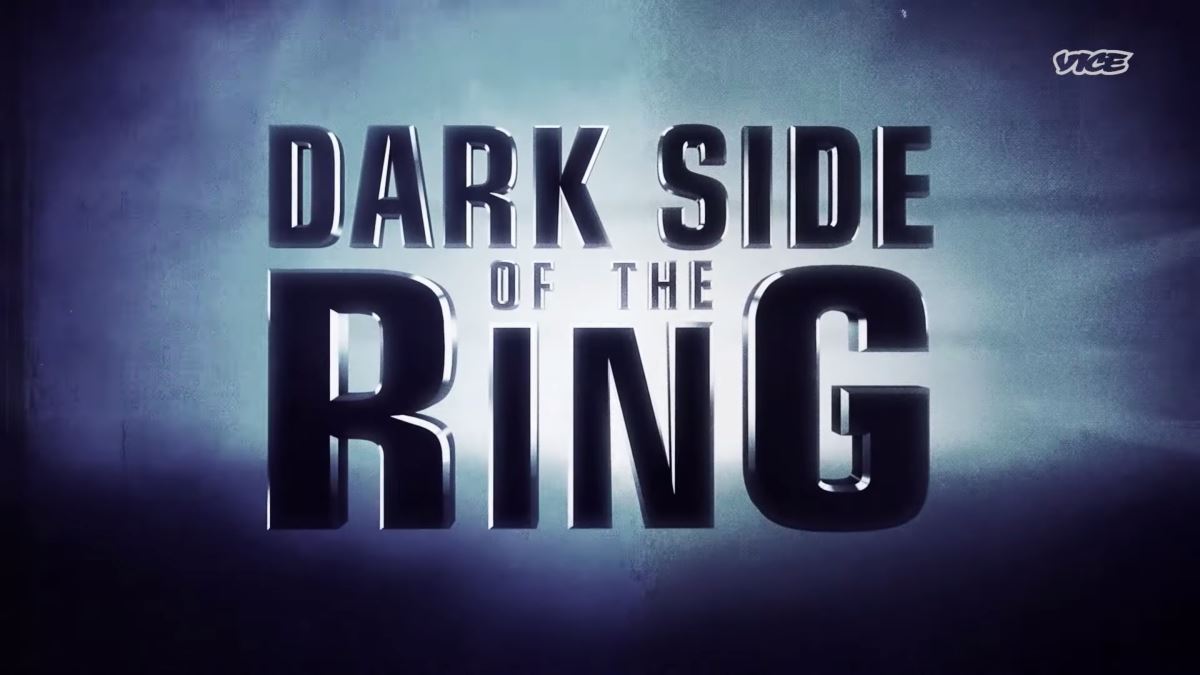“Create something you’ve never seen before” was the advice New Jack received training under Ray Candy to become a professional wrestler. For better or worse, New Jack created a lot of moments that wrestling had never seen before and these incidents were put to trial in the latest edition of Dark Side of the Ring, “The Life and Crimes of New Jack.”
The episode starts out with a retelling of New Jack’s time in SMW and his transition to ECW. Interview subjects like Jim Cornette and D’Lo Brown praise the promo and in-character work of New Jack, who is portrayed to have been a brilliant interpreter of the events facing Black Americans at the time. Tales of a mock lynching of a white baby doll and creating a role reversal of the Rodney King police beating with Ricky Morton being brutalized by New Jack’s team The Gangstas made it clear how far New Jack was willing to go to get heat.
Those causes also reveal an undercurrent effect of racism that is prevalent throughout the documentary. While New Jack seemed comfortable doing whatever it took to turn the fans against him, especially with Southern crowds in SMW, he explains in the documentary that he was never comfortable with the racism that followed him behind the curtain. A story about a white child rubbing New Jack’s arm to test his father’s warning that touching a Black person would change the color of his skin highlights the uncomfortable subject that plays a heavy part in this story and often gets ignored in the history of wrestling altogether.
The peak of the documentary focuses on the Mass Transit incident, where the backstory reveals a demanding Erich Kulas, wrestling under the Mass Transit gimmick, asking New Jack to cut him during the match, New Jack obliged with a scalpel that led to two court cases, with New Jack found not guilty and not liable in criminal and civil cases respectively.
Within the documentary, this acts as a tipping point to drive New Jack to further test, cross, and retest new boundaries. New Jack admits to working high and drunk throughout the list of incidents that follow, with a penchant for doing cocaine in the locker room before matches. Vic Grimes causing New Jack brain damage due to a bump smashing New Jack’s head against the concrete floor at ECW’s 2000 Living Dangerously pay-per-view leads to an act of revenge where New Jack shoots on Grimes with a taser in an XPW scaffold match match before admitting to trying to throw Grimes out of the ring and to the floor from the ceiling-high scaffolding.
Other incidents include shooting on a 72 year-old independent wrestler called Gypsy Joe for not selling and a legitimate stabbing by New Jack in the ring a year later when an opponent went too far with their punches.
New Jack himself remains the really only interesting interview within this episode. Remaining unrepentant, he paints pretty clear recreations of his life and crimes, while also giving a perspective of Jerome Young, the man behind the character. Dealing with the aforementioned racism and recalling being a witness to multiple stabbings and a shooting of his mother by an alcoholic father, New Jack concedes there is no doubt that these things played a part in what he became. The only criticism that can be found is that other interviewees, like SMW promoter Cornette, Gangstas teammate Brown, Mass Transit bystander and midget wrestler Tiny the Terrible, and ECW alum The Sandman really only provide asides and more hyperbole to an already over-the-top character.
As with the Benoit episode, the stories told and having access to the real archive footage to verify the insanity of these incidents are really all that is needed to push this story along and the documentary does that well. Acting almost as a rap sheet of incident after incident that manage to one-up the previous, the show delivers well in following the life and crimes theme.
“The Life and Crimes of New Jack” implicates the entire wrestling world in a straightforward story about a character with a story that is almost too outrageous to be made up. Constantly pushing boundaries while being rewarded and often needled to do so, the episode benefits because it pulls no punches on its subject, and it doesn’t seem New Jack would have it any other way.
RELATED LINK
